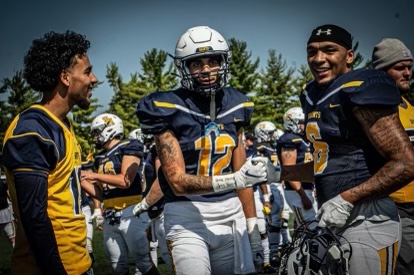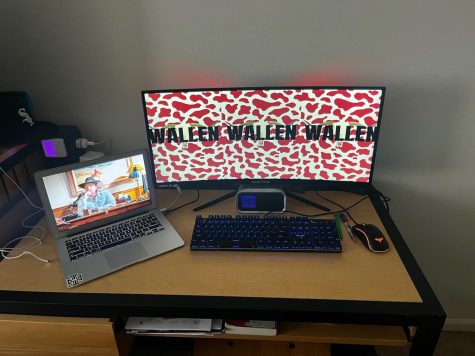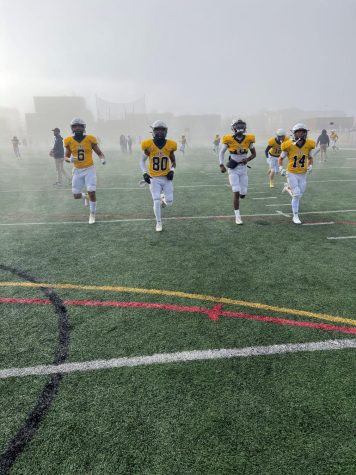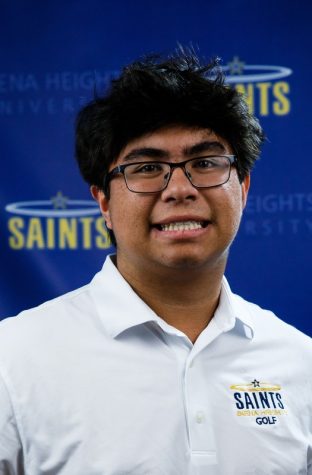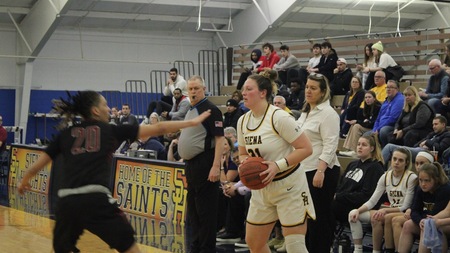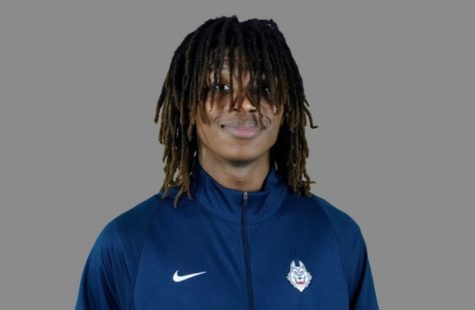COLUMN: Esports: The Mental Game
When most people think of a student-athlete, typically a person playing video games do not exactly come to mind.
For a student that is a member of the Esports team, life at times might seem relaxing.
For most student-athletes at Siena when they go to practice, they are normally burning anywhere from 500 to 700 calories and are often sore after practice.
For an Esports member, practice is more of a mental game rather than a physical one. Playing video games as a sport might sound fun and easy, but it can actually be very difficult at times and you have to be able to work well with a team in addition to be a quick learner.
The Esports team has matches and tournaments on the weekends that are just as serious as any football game.
Esports is a co-ed sport, meaning both males and females compete together. When growing up, parents may say something like “playing video games all day will get you nowhere.” That might have been true back in the day, but now playing video games can land you an entire career.
There are many famous pro-gamers such as Ninja, Pewdiepie, and Markiplier who make millions of dollars from just playing games. Some athletes in other sports think that playing video games should not be considered a real sport.
However, if you could get free education or make money just from playing a video game, then why not?
Being a successful member of the Esports team takes hard work and talent. Esports is a rapidly growing sport in popularity in America, and as of 2020, it is valued at $950 million.
Currently, at Siena, there are 31 athletes on the Esports team as of 2020; the Esports team at Siena has a very diverse group of individuals as three of the members play other sports as well: George Talley III (football), Peyton Werling (football) and Keith Reid (bowling).


